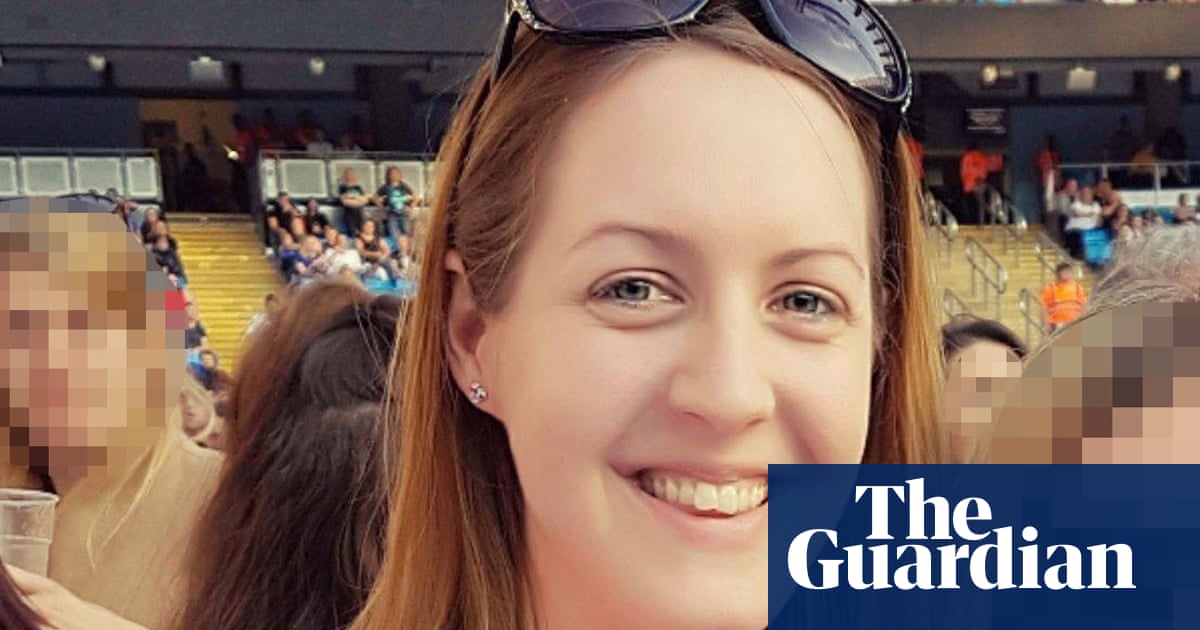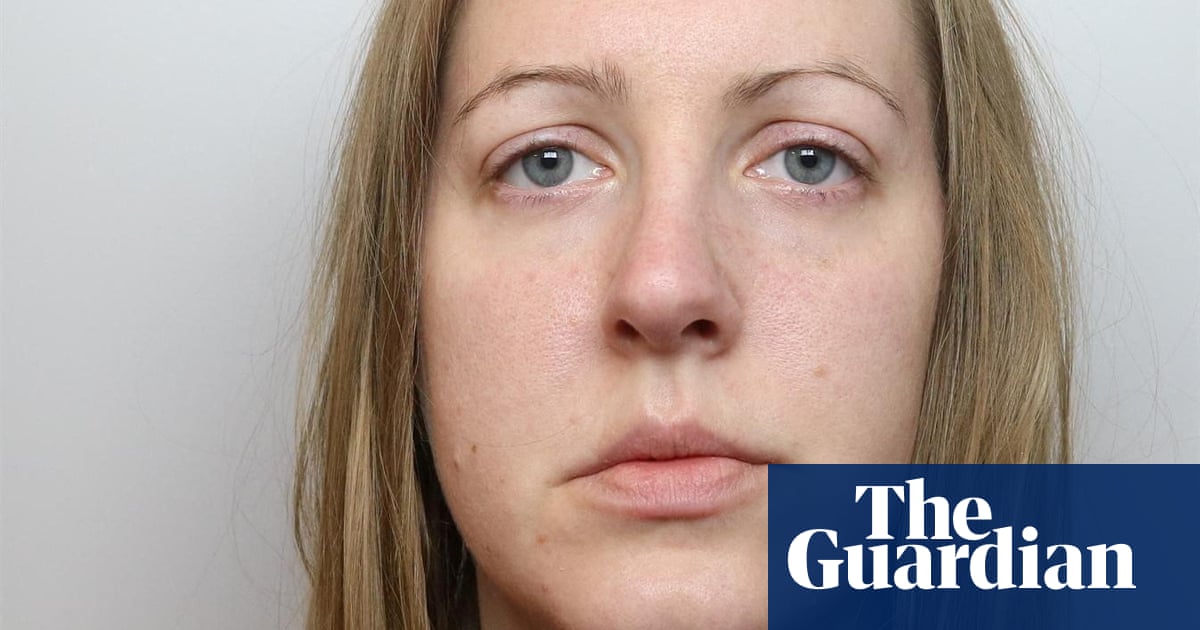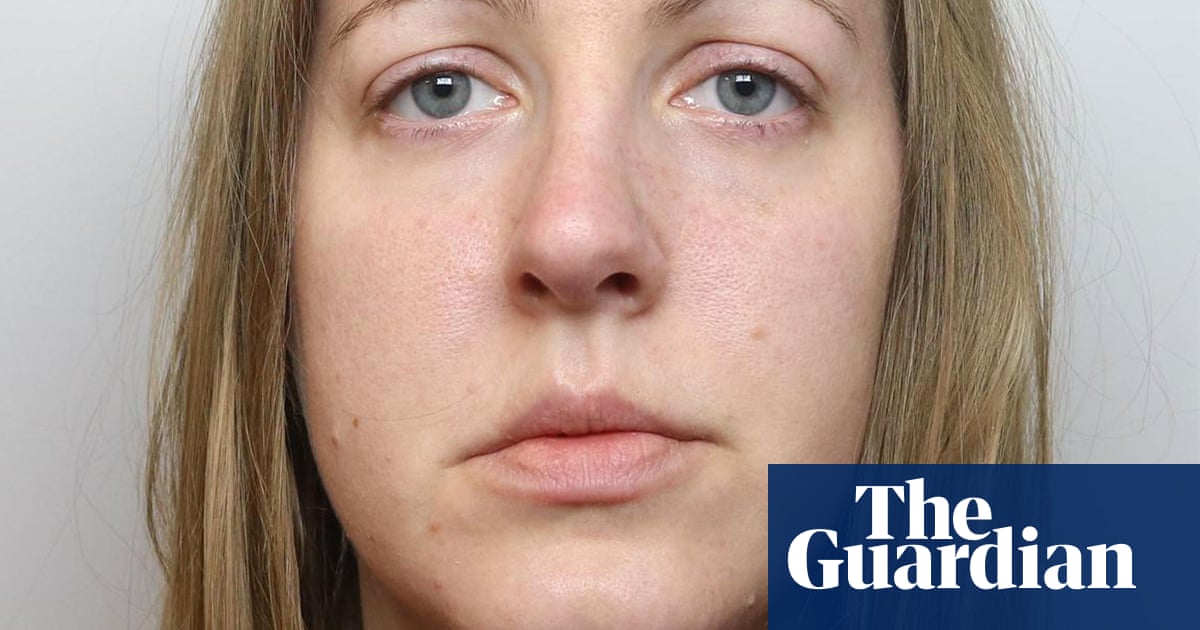
A senior doctor has said he is “ashamed” he failed to stop the nurse Lucy Letby from harming babies and that police should have been contacted a year earlier.
John Gibbs told a public inquiry that doctors received “very firm pushback” from senior nurses when they raised growing suspicions about Letby in early 2016.
Gibbs, the first of Letby’s colleagues to give evidence to the Thirlwall inquiry, said the response from nursing managers made it “more difficult” for consultants to demand action or contact the police.
He told Lady Justice Thirlwall on Tuesday: “I do deeply regret and I am ashamed that I failed to protect the babies from harm by Letby but I do understand that the parents concerned would probably rather have explanations rather than belated apologies.”
Letby, 34, was sentenced to 15 whole-life orders after she was convicted across two trials of murdering seven babies and attempting to murder seven others at the Countess of Chester hospital in north-west England.
The Thirlwall inquiry is examining whether the nurse could have been stopped earlier as well as the response of hospital executives. Some experts have questioned Letby’s convictions but that is outside the inquiry’s terms of reference.
Gibbs, a retired consultant paediatrician, said it was a “serious failing” in hindsight that doctors failed to spot unusually high insulin levels in one of Letby’s victims until two years later.
Letby was last year found guilty of attempting to murder Child F, a week-old twin boy, by poisoning him with insulin on 5 August 2015. In the previous two months the nurse had murdered four newborns and attempted to kill another.
Gibbs told the inquiry that insulin results indicating that Child F had been deliberately injected with insulin were seen by doctors a week after the test in August 2015 but they “didn’t understand the significance” of them.
He added: “I don’t think it’s fair to say [that] just those few doctors who saw those results didn’t respond appropriately. We all had an opportunity to look at those results.”
Gibbs, who worked at the Countess of Chester hospital from 1994 to 2019, said the concern of doctors grew in early 2016 after a number of other unexplained incidents.
However, he said the consultants were receiving “very firm pushback” from senior nursing managers who said suspicions about Letby were “utterly wrong” and that doctors were maligning a “very competent” nurse.
Asked by Nicholas de la Poer KC, on behalf of the counsel for the inquiry, why those suspicions did not prompt “immediate action” at this point, Gibbs said: “Yes, it should have done but perhaps I was, and maybe we were … influenced by the conviction that we were wrong from the nursing side.”
He added: “I regret that we, or I, didn’t go to the police at this time after the thematic review. Why didn’t I go straight to police? Why didn’t paediatricians go straight to the police?
“I know the parents of the later babies will not thank us for this [but] the suspicion was that there might be something that had affected a number of babies on the unit and it would be best managed through senior execs on the trust.”
Gibbs went on to say that the “strong assertion” from senior nurses that Letby was innocent “influenced me but did not convince me”.
He added that this conviction from senior nurses, coupled with the desire not to put parents “through the agony of a murder investigation” if Letby was innocent, explained why he did not contact the police in early 2016.
Letby was convicted of the June 2016 murder of two triplet boys – months after these concerns were raised – before she was eventually removed from the neonatal unit the following month. Cheshire constabulary was contacted by hospital executives nearly a year later in May 2017.
The inquiry is expected to sit at Liverpool town hall until early next year, with findings published by late autumn 2025.












